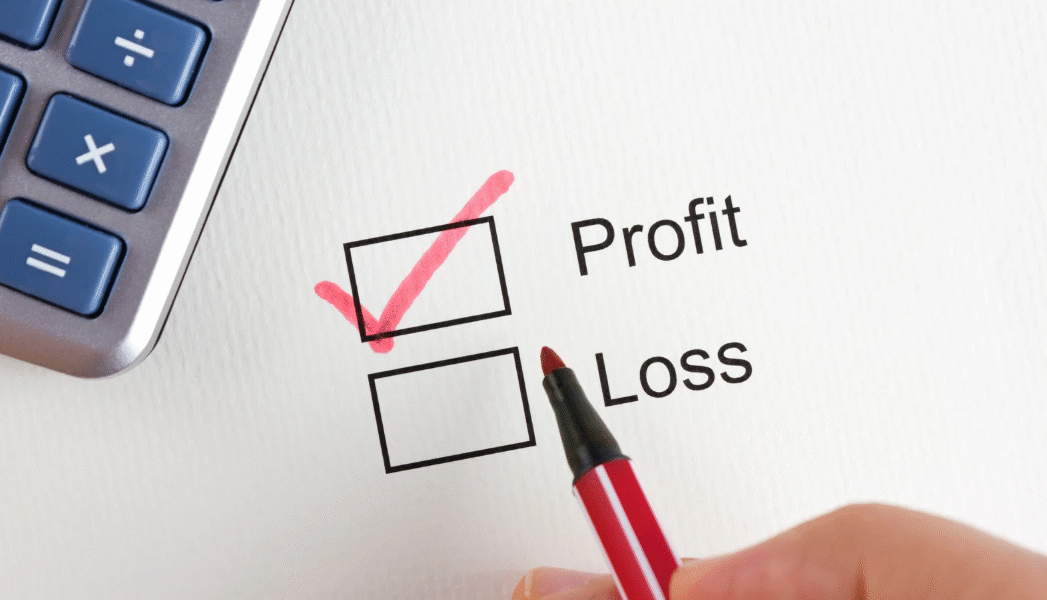Starting a franchise in the UK can be an exciting route to business ownership, offering the benefit of an established brand and proven systems. However, one of the most common questions asked by prospective franchisees is: how long does it take for a franchise to become profitable? The answer isn’t the same for every business. Profitability depends on a variety of factors including the industry, location, initial investment, operating costs, and how effectively the franchisee runs the business.
Typical Timeframes for Profitability
While there is no guaranteed timeline, many UK franchises take between 12 to 24 months to reach consistent profitability. In some cases, franchises may begin to generate profit within the first year, especially if the brand is well known, the location is strong, and customer demand is immediate. However, it’s not uncommon for new franchisees to spend the first year covering start-up expenses, repaying loans, and building a customer base before moving into the profit zone.
Service-based franchises with lower overheads may see profits sooner than capital-intensive models like restaurants or retail stores. On the other hand, businesses requiring a significant investment in premises, stock, or equipment might take longer to break even due to higher fixed costs.
Factors That Affect Profitability
One major factor is the size of the initial investment. A larger upfront cost often means it will take longer to recover expenses and start making a profit. This includes franchise fees, fit-out costs, equipment, and marketing. Operating expenses such as staff wages, rent, utilities, and supplies also directly affect how quickly profits can be realised.
Another key consideration is how efficiently the franchisee manages the business. Strong local marketing, effective customer service, and disciplined cost control can help accelerate profitability. Franchisors typically offer training and support, but it’s ultimately up to the franchisee to apply that knowledge successfully.
The franchise brand itself also plays a role. Well-established franchises with national recognition may attract customers more quickly than newer or less known brands, reducing the time it takes to become profitable. Market demand, competition in the area, and the economic climate are also important influences.
Franchisee Expectations and Planning
Understanding when profitability is likely to occur is crucial for financial planning. Most franchisors will provide a business plan or profit projection based on existing franchise performance, but it’s important to treat these as estimates rather than guarantees. Franchisees should have enough working capital to cover at least 12 months of operating costs and be prepared for a gradual financial return rather than immediate success.
Consulting with current franchisees can provide real-world insight into expected timelines. Speaking to several operators in different regions can give a broader view of how the business performs across the UK.
Conclusion: Patience and Planning Pay Off
The path to profitability in franchising is rarely immediate, but with realistic expectations, sound planning, and hard work, it is highly achievable. Most UK franchisees start to see profits within one to two years, though the exact timing will vary based on individual circumstances. By understanding the variables involved and preparing financially and operationally, franchisees can improve their chances of reaching profitability sooner and building a sustainable, rewarding business in the long term.

